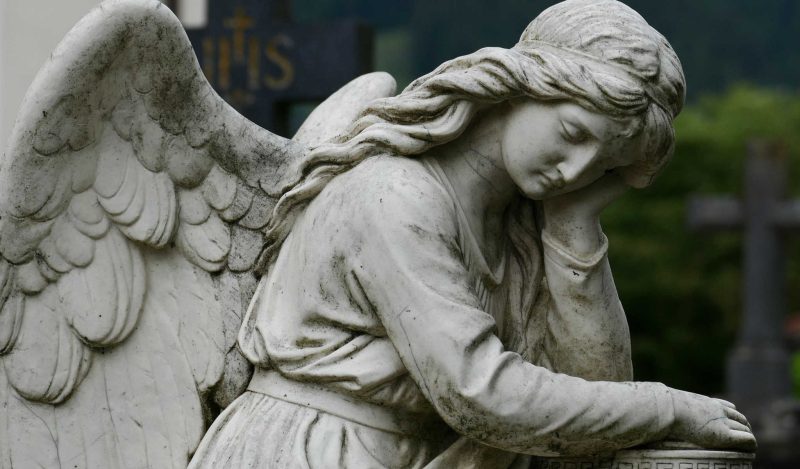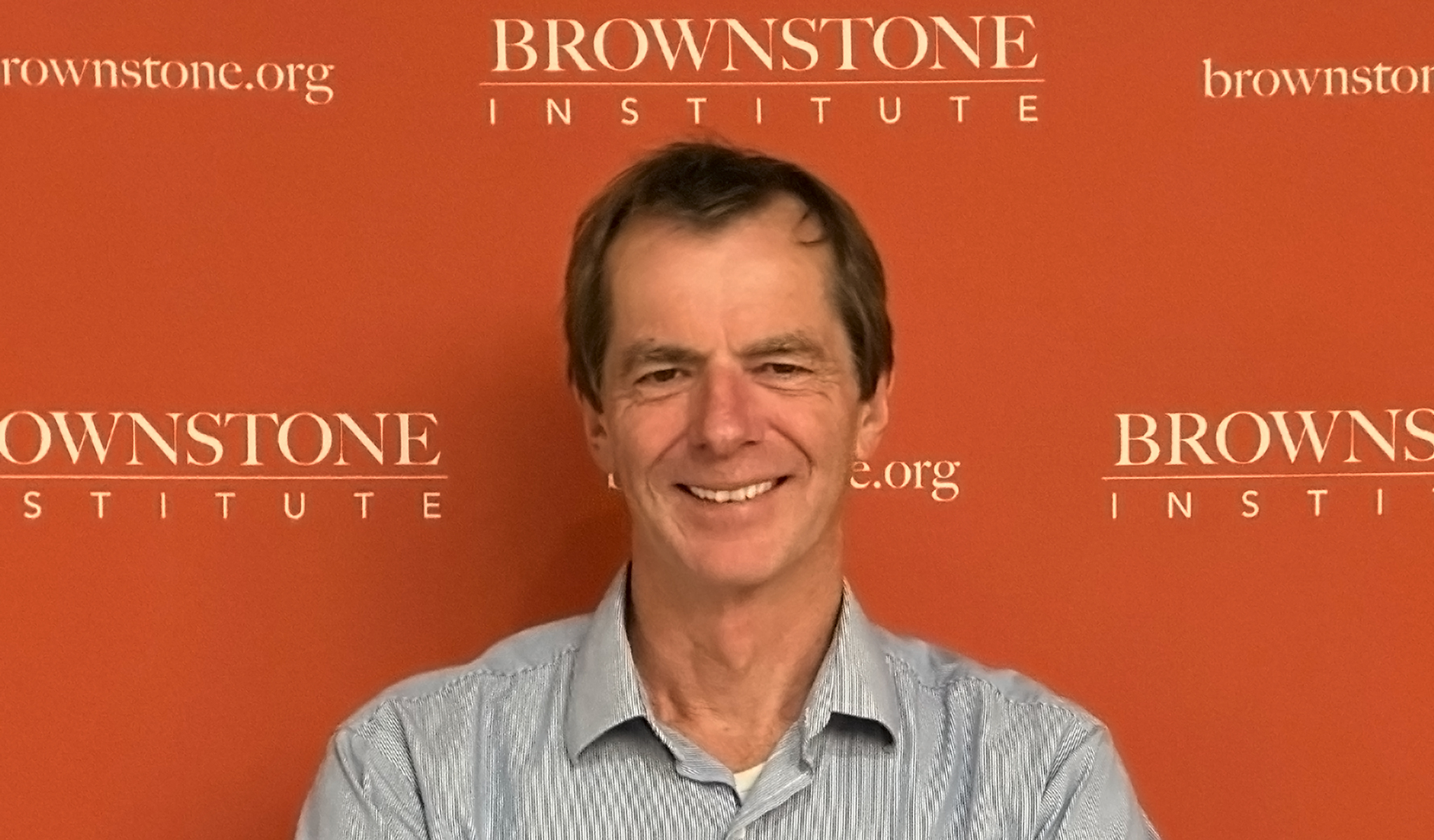The Western world has been caught in a spiral of self-harm and debasement for the past three years. Aspects of the underlying psychology have been discussed in abstract terms, regarding mass anxiety and the actions of crowds. Little has been said about the possibility that we are simply terrified of death. This is a fear we may need to address, if we are to stop acting like fools.
Death in life
Death was once part of life. A visit to an old cemetery will reveal that many earlier gravestones are memorials to young children and women of child-bearing age. This is because, obviously, a large proportion of children died before they turned five, and about one in ten (or more) women died in childbirth. Death happened, and people also traveled, had parties, went to concerts, and lived fulfilled lives.
In wealthy countries, better hygienic conditions, better food, antibiotics and surgery have largely removed the barriers to a long life. Elsewhere, people still face these threats. However, the average person in Africa or South Asia is not cowering under their bed, obsessing about the latest virus, terrified of going outdoors or of meeting neighbors. That is a modern, affluent population obsession. Recent lockdowns in African and Asian countries were mostly responding to external pressure from very wealthy individuals and institutions, or local grabs for increased authoritarian control, rather than genuine fear of a new and deadly threat.
Many in the West now reach adulthood without ever seeing someone die, or even seeing a dead body. Most have never experienced a friend dying, and many have not even been to a funeral. Very few have sat with someone as they passed from life. Death is rarely talked about, and coping with a kin’s death is often left to the individual and the support of professional ‘experts.’ Public mourning is unfamiliar, and can be an embarrassment. If we believe the lie that humans are merely organic constructs, then death may also be a terrifying blankness of nothing.
Coping with our response to Covid
Enter Covid-19. At its height in the United States, despite financial incentives to boost reporting and definitions including a positive PCR test a month prior, Covid was associated with less annual mortality than cardiovascular disease or cancer. Our society responded by putting it front and center of our lives, wrecking economies and livelihoods. We even used children as human shields, injecting them with novel pharmaceuticals in the vain hope of protecting ourselves.
We can indulge in inquiries on the origins of Covid-19, and on the pros and cons of aspects of the response. We can call for Nuremberg II tribunals. We can debate the actual causes of increasing excess death. These are important discussions, but they are missing the point. We need an inquiry, particularly self-inquiry, on why we, or those around us, were open to being led by obviously self-interested people into deeply irrational actions.
Our deaths belong to us, not to tyrants
Rather than relying on more government panels to tell us what went wrong – what others did to us – we need first to understand what is wrong with ourselves and our communities. This will involve familiarizing ourselves with forgotten aspects of life, including death.
We need to stop transferring mourning to the professionals, undo the taboos about the fact that life on earth ends for all of us, and bring it into conversation. Then we can start putting it into context, rather than running from the whole idea. That may help to face the difficult issues of what kills us more or less, and how such risk stacks up against going out, seeing the world’s wonders, and sharing time and intimacy with those we love.
Understanding the reasons for society’s loss of grip during Covid matters, because the intent of those who profited from Covid is to do it all again. They are building an international bureaucracy whose sole purpose is to identify more ‘novel’ viruses, claim they are an existential threat, and repeat what we have just been through.
Over and over again. This relies entirely on people believing the false premise that the threat of deadly pandemics is increasing, that they are killing more than before, and are an existential threat to all of us regardless of age and underlying health.
We are not asked to fear the predominant causes of death, such as obesity; we are encouraged to embrace that as beautiful. We are, rather, being asked to believe many obvious lies. We need to build understanding and resilience to withstand such manipulation.
Saving society from eating itself with fear and stupidity will rely on us educating ourselves. Society’s ‘experts’ are doing very well from pandemics, and have no incentive to provide such education. This will require each of us to find time. Time for discussion, time for self-reflection, and time for thought on what life actually is. We need to calmly sum up what is happening around us, and take the risk of exploring what it is that we really value. Then we can stop others from abusing our ignorance.
Join the conversation:


Published under a Creative Commons Attribution 4.0 International License
For reprints, please set the canonical link back to the original Brownstone Institute Article and Author.









